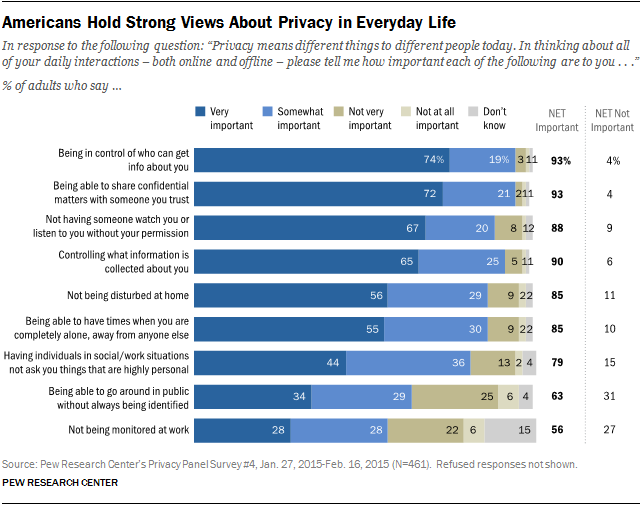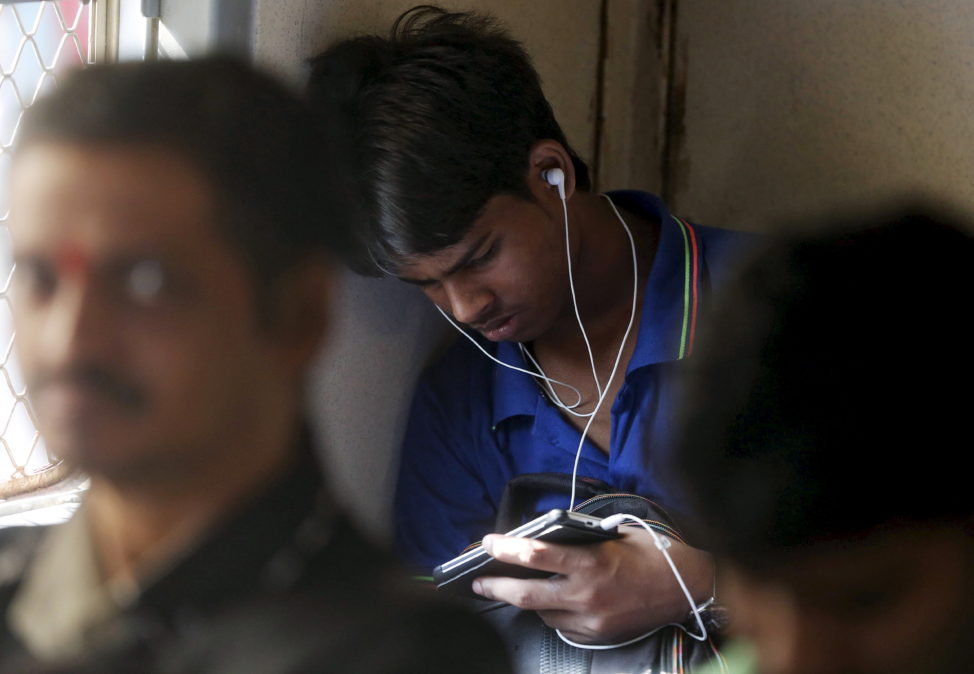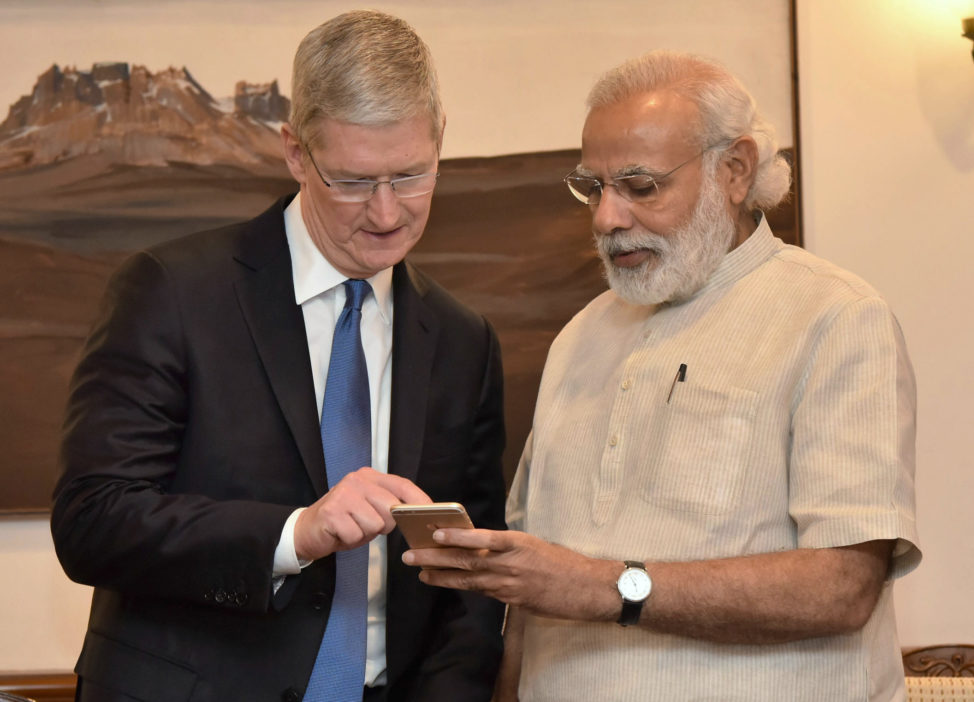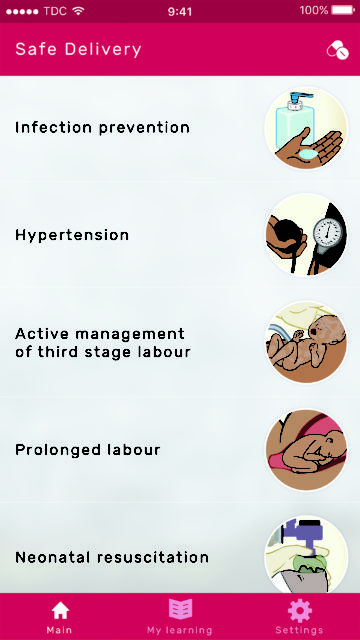
You may have read the news about how the House and Senate just sent a bill to the White House that repeals an Obama-era regulation that would have required internet service providers (ISP’s) to get your permission before collecting and sharing your data.
The rules never went into effect, even though the Federal Communications Commission (FCC) approved them back in December.
Internet Privacy Outrage
Despite that, the response has been robust, and overwhelmingly negative. Tom Wheeler the former head of the FCC wrote an opinion piece for the New York Times calling the repeal a “gift to the industry.”
But Republican supporters (the bill passed on a party line vote in the House and Senate) pointed out that other internet companies like Google, and Facebook collect and share information aren’t governed by the FCC, but by the Federal Trade Commission (FTC).
They said that two separate sets of regulations, run by two separate agencies on internet information, was confusing and duplicative.
On Tuesday Rep. Marsha Blackburn (R-Tenn.) said that “Having two privacy cops on the beat will create confusion within the internet ecosystem and will end up harming consumers.”
And they have a point, though the harm may not be to consumers, but to large internet providers like Verizon, according to internet privacy advocates at TechFreedom.
VOA spoke with Evan Swarztrauber who is group’s communications director. He said the FCC was put in charge of policing big IPS’s in 2010 when “the Open Internet Order, took effect, stripping the FTC of its authority to regulate broadband providers,” and switched that authority to the FCC.
FTC vs. FCC
In the years since the Order came on line the FCC has, according to Swarztrauber successfully “policed privacy on a case-by-case basis.” And they’ve done so with varying degrees of success.
The FTC has been doing this kind of thing far longer, and in fact won a huge 22.5 million dollar settlement from Google in 2012 from when the FTC claimed the search engine giant had violated the “privacy assurances” of users by placing so-called ‘cookies,’ bits of information that allow companies to send targeted ads on computers without users consent.
But the real problem with the new rules is the difference between “opt in” marketing, and “opt out” marketing.
Things got weird in December of 2016, that’s when the FCC approved a new, much more strict set of rules concerning ISP’s and how they collect information. Under these new rules, in order to collect and share information on what online users were doing, ISP’s would have had to get their permission. This is called an “opt-in”policy.
When it passed it was considered a big win for consumers, who given the choice will almost always want more internet privacy. Not less.

In contrast to the consumer-friendly “opt-in” policy, the FTC lets Google and companies like them, (ones that don’t actually provide broadband service) operate under an “opt-out” policy. That’s where information on consumers online habits is automatically collected unless they refuse to allow it.
Rightfully so, the ISP’s said this was unfair. Swarztraber agrees: “Requiring ISP’s,” he said, “to get consumers to opt in to data collection is stricter than the opt-out standard that governs edge services. This would have been an obvious competitive disadvantage for ISPs.”
Congressional Republicans agreed with the AT&T’s and the Verizon’s of the world, and that’s what they were trying to fix by repealing, on a party line vote, the strict Obama era rules, which it’s important to remember never went into effect.
So what’s the upshot of all this?
So now, according to the folks at TechFreedom: “Consumers will still be protected by the same privacy rules that have governed the online ecosystem for over two decades,” Swarztrauber said.
But instead of being protected by the restrictive opt-in policy, ISP’s will be clear to collect your data on the much looser opt-out policy.
The problem for consumers of course, is that the information that your ISP is able to collect is much more detailed than the info that Google can get on you. Also, Google for instance promises to not sell your data to anyone. Instead they use the information they collect to push ads your way you might be interested in.
The repeal of the FCC rules open the door to allow ISP’s to make use of all kinds of information they can get from you whenever you are browsing online, either via your phone or home broadband.
That’s a lot of information and can include your location, shopping history, and any businesses or people that you contact via the web.
Wheeler’s op-ed points out the problem in this way: “When you make a voice call on your smartphone, the information is protected: Your phone company can’t sell the fact that you are calling car dealerships to others who want to sell you a car. But if the same device and the same network are used to contact car dealers through the internet, that information — the same information, in fact — can be captured and sold by the network.”
One final note: the bill that is now on President Trump’s desk also prohibits the FCC from making any new regulations regarding internet privacy. Ant that means that regulation of the industry giant ISP’s will probably revert back to the FTC.
And while buying and selling information can be problematic, another big problem, according to Swarztrauber, is if your ISP is ever hacked. All that information about what you do online could fall into the wrong hands. Swarztrauber said that “would be clear harm to consumers.”
So, the bottom line is the bill is a net loss for consumers who are worried about their online privacy. And the companies that you pay to get you online, can now use all of your online history to get paid again.














